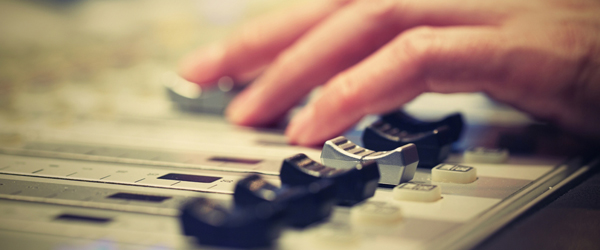There’s this cartoon series kids used to watch where the hero often says that knowing is half the battle, and that really applies to buying professional audio equipment. That’s because these things can be more expensive than a car. Put enough high-end audio equipment in a room, and it may become even more expensive than the house. And if you don’t know what you’re doing, there’s a very good chance you’ll end up with expensive toys that are essentially worthless for you.
So here are some things you first need to know when you’re in the hunt for pro-grade audio equipment:
- Know your purpose. Exactly why do you want pro audio in the first place? If you’re buying for professional reasons, then pro-grade audio is crucial, but not all people who buy pro stuff do so for pro reasons.
Is it simply because you appreciate expensive stuff in your home, and so that means buying expensive audio equipment too? Is it just part of the décor?
What do you want to do? Do you want to have some nice background music when you’re at home? Perhaps you want to put in a bit more boom to the sound when you’re watching TV or videos. Or maybe you’re one of these guys who really listen actively to music and who can’t stand poor sound.
By knowing what you want to do, you can then tailor your buying options so that you can make sensible buying decisions.
- Know your equipment. Buying professional audio equipment means knowing enough about the stuff to at least sound like a pro yourself. This will entail some research on your part.
There are numerous types of equipment, and you need to know what each type of equipment does. Then you have to be aware of certain types for each piece of equipment. For example, you don’t just buy a microphone. There are dynamic mikes for concerts and condenser and ribbon mikes for studio recordings. Since you know your purpose already, knowing what each type is for helps you in making your choices.
- Know your specs. Audio equipment comes with a lot of techie specs. It comes with the territory, and you really need some sort of familiarity with the various units of measure and what they mean. For example, when buying speakers you need to know what the ohms stand for and how they can help you buy the amplifier that matches your speakers.
- Know your brands. The world of the audiophile is filled with various opinions, but in most cases some brands do carve out a niche for themselves. You need to know which brands often comes with an imprimatur of quality, and which brands almost always receive scorn from audio pros. One good example of this is the Beats headset. This may be a bestseller and a stylish fashion accessory, but no true audiophile can tolerate the sound it produces.
- Know your seller and the purchasing conditions. You have to make sure that your seller actually sells the brand and model you want in the price you want. You also need to check out the warranty, and whether you can return stuff for free if they don’t work out for your needs.
Knowing about professional audio equipment is an ongoing task, and your education never stops. If you don’t have the interest or the ability to learn what you need to know, then your best bet is to know someone who does so you can get expert advice when you buy these things. Without this knowledge, buying expensive audio equipment can be a losing battle.
